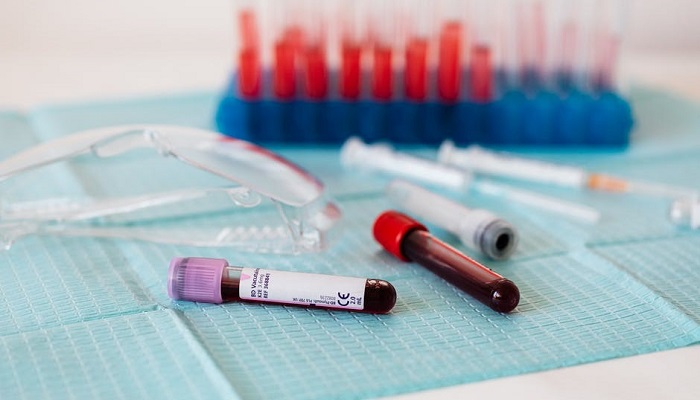Most adults work in professions or environments where they come into contact with blood and other bodily fluids. As such, they need to know how to keep themselves protected.
Wearing the right personal protective equipment or PPE can help keep you safe. However, not all types of PPE are equal in terms of protecting you from bloodborne pathogens.
This article takes a look at what are the most common bloodborne pathogens — and the types of PPE that can help your protection against them. Doing so can help you stay safe while working safely.
Hepatitis B (HBV)
HBV is a viral infection that is transmitted by contact with infected blood or body fluids. This includes but is not limited to sharing needles and contact with open wounds. It is a very serious infection and can have long-term health effects. Symptoms may include jaundice, fatigue, abdominal pain, loss of appetite, and joint pain.
It is important to practice safe hygiene, avoid sharing needles, and always wear protective gear that has Bloodborne Pathogens Certification – BBP, when in contact with people who may be infected.
Hepatitis C (HCV)
HCV is a virus that affects the liver and can be spread through contaminated blood, direct contact with infected blood or body fluids, needles, and sexual contact. Symptoms of the virus may not present for several weeks or even months after infection. Making it difficult to diagnose and treat.
HCV can cause chronic and serious health issues, such as liver damage and cirrhosis. Medical professionals and those at risk of exposure to HCV should be aware of the risk and practice good hygiene and safety protocols. Vaccinations are available to protect against the virus and individuals with HCV should always practice safe sex and avoid sharing needles.
Human Immunodeficiency Virus (HIV)
It is a virus that attacks the immune system and stops it from fighting off infections and diseases. When a person with HIV has sex without protection, they can give it to someone else.
HIV is the worst of these blood diseases because it can’t be treated and will kill you if you don’t. It’s important to make sure the right precautions are taken and that people who are infected are found and treated.
Syphilis
Syphilis is one of the most common bloodborne pathogens, and it is a sexually transmitted disease. Symptoms of syphilis vary depending on the stage of infection but can include a sore at the spot of infection, a rash, fever, and swelling of the lymph nodes.
It is important to be tested for syphilis if you are sexually active and be aware of any signs or symptoms. Left untreated, syphilis can cause serious damage to the heart, brain, and other organs, which can even be fatal.
Knowing What Are the Most Common Bloodborne Pathogens Helps
Bloodborne pathogens are a major health concern, which is why it is essential to know what are the most common bloodborne pathogens. Employers should provide proper safety training and supply workers with gloves and other protective equipment to prevent the spread of illness.
If you are ever exposed, seek medical attention or follow infection protocols immediately. Get tested and protect yourself and your loved ones from dangerous bloodborne diseases.
Check out our other blog posts for more health and lifestyle tips.


















